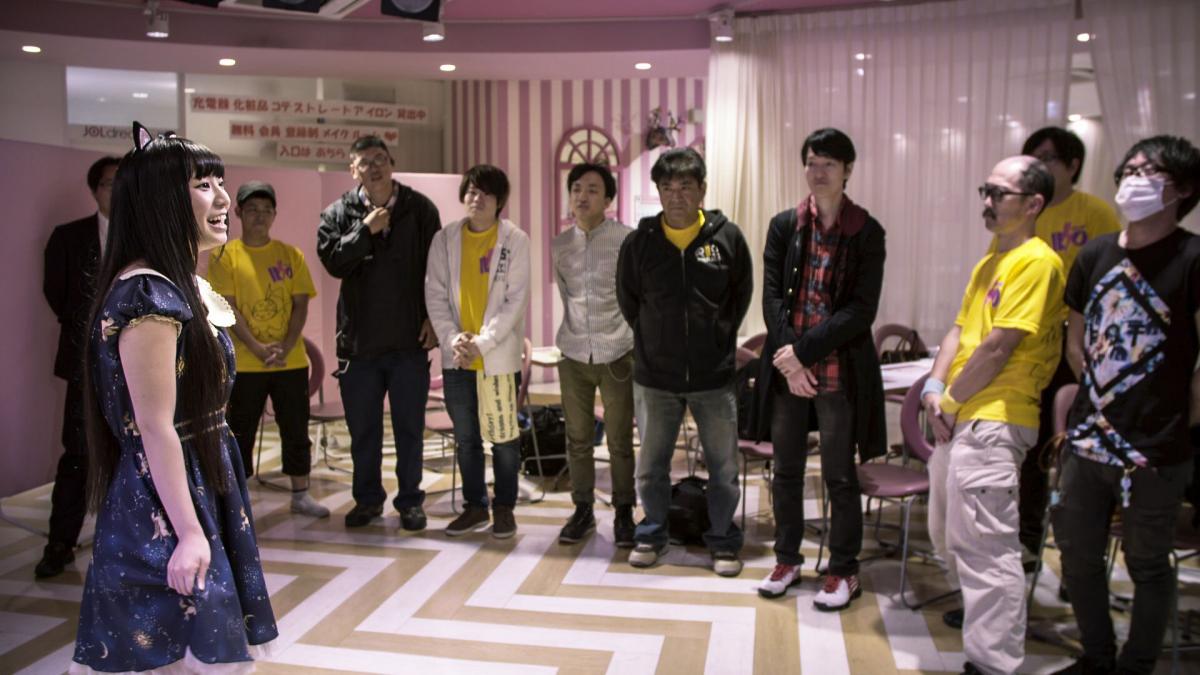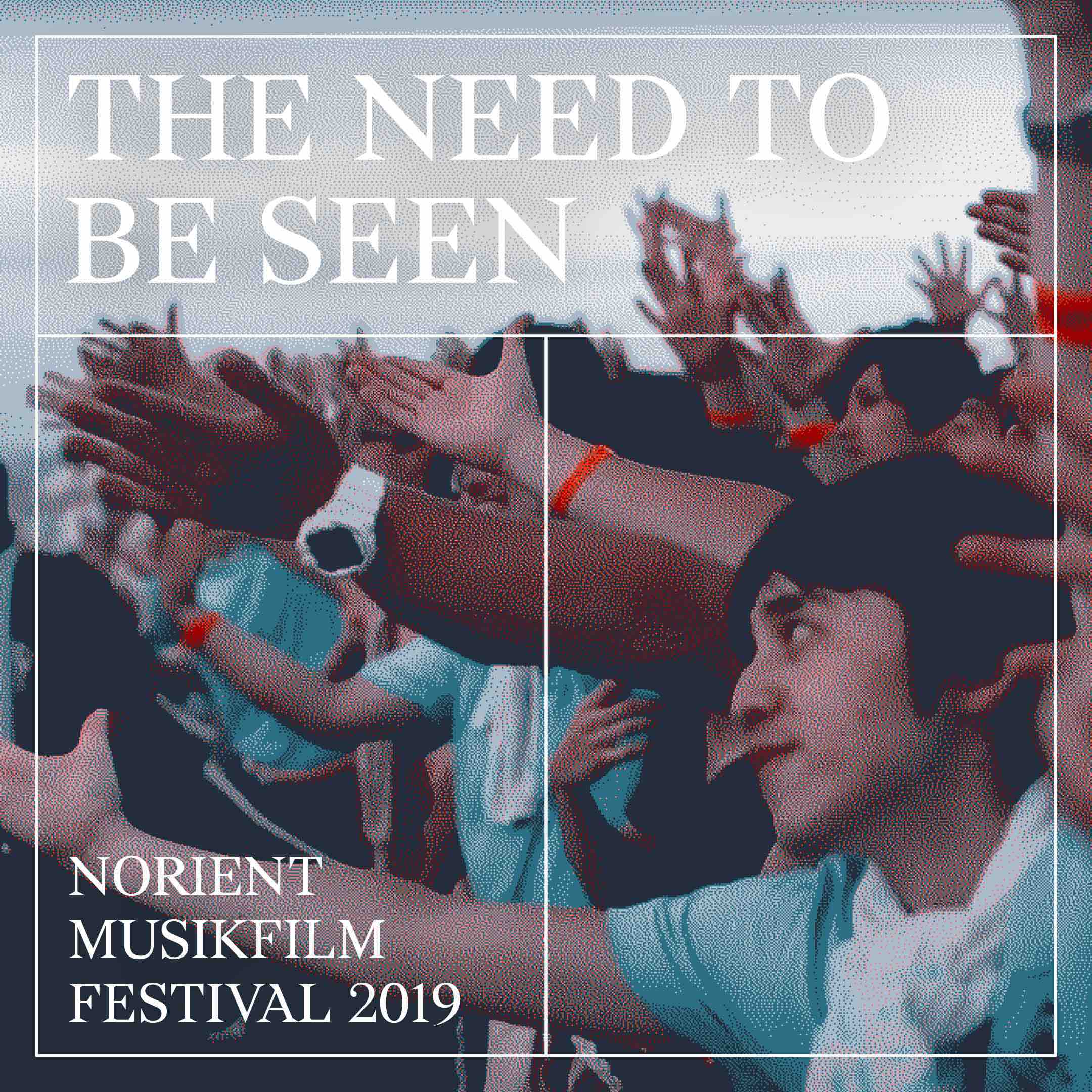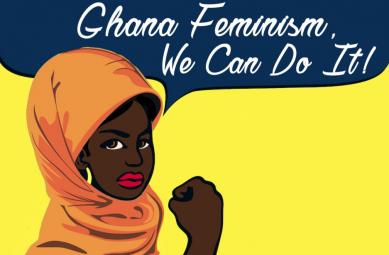
The Need to Be Seen
To be recognized might be the most fundamental need of being human. Yet the means and methods for seeking it differ radically, especially among artists. As some of the international movies at the 9th Norient Musikfilm Festival 2019 have shown, recognition can become a matter of survival.
Human beings are not like atoms. They are molecules, they need others to exist. They are not isolated entities but interconnected beings. They belong to a myriad of networks: other people, organizations, scenes, animals, or objects. To be seen, heard, or perceived is a basic human need, and for artists even more so. The striving for recognition manifests in a lot of different variations. As some of the protagonists in the films screened at the 9th Norient Musikfilm Festival 2019 have shown, the desire for recognition is always connected to a political, aesthetic, or personal need. How you seek it though is often filtered through different social and cultural backgrounds.
Blacker Dread, the protagonist in Molly Dineen’s film Being Blacker, is a legendary figure in South London’s Brixton district. He is an informal social worker who is quite successful in keeping lost neighbourhood kids off jail. He has been living in the UK for around four decades but is still shaped by his earlier home, having migrated from Jamaica as a child. Dread’s individual struggle for recognition has always been connected to a collective one.
Finding a Personal Space
His record shop played a central part in his ambition to make the black british community more visible, and in finding a personal space as a migrant in a society driven by money and structural racism. Since Brixton is suffering from unrestrained gentrification, which also led to the closure of his shop due to the explosion of rents, the film shows Dread slowly starting to surrender, and moving back to Jamaica to live with his son and wife.
A similar endeavour for recognition, yet under different circumstances, is what drives the 43-year-old salesman Koji in the film Tokyo Idols. Set in Japan, where an intensified neoliberal capitalism enforces both a radical individualism and a relentless work ethos that sometimes results in existential loneliness, the film gives insights into a consumer society that creates not only the supposed cause of this, but also its remedy: The idol culture is a social arrangement in which groups of mostly male participants organize their leisure time around praising their idols, often a female singer. In the case of Koji, it is the young Rio. It’s Rio and her fan care rituals that make Koji feel recognized on a personal level, like feeling beloved. Without his «Rio Rio Brothers», Koji states at the end of the film, he would be «alone forever».
A Universal Theme
Slightly different psychological forces, yet more existential, are at work among the group of metal musicians in Syrian Metal is War. The emotionally challenging film, in which Syria is shown «as a country full of hatred, misery, violence and death», implicitly deals with the devastating social consequences of war. Told from the perspective of some metal artists (including the director who fled to the Netherlands) whose art falls victim to strict censorship and is claimed as satanic, the protagonists are often obstructed in their attempt to play and perform the music they love. In a cynical way, their striving for aesthetic recognition is at the same time a desire for freedom of speech, but even more so, sheer survival.
The South Korean punk band Bamseom Pirates, in the documentary Bamseom Pirates, Seoul Inferno by Jung Yoon-suk, has comparable, though less morbid issues. Facing a rigid censorship sometimes resulting in violent state oppression, the sardonic band seeks freedom of speech and expression. Because their satirical song «All Hail Kim Jong-il» deals with South Korea’s politically most delicate subject, North Korea, the band’s activities are closely observed by the police (the «National Security Act» still prosecutes any form of praise for the neighboring communist regime). This culminates in the trial of the band’s producer, Park Jung-geu. He was sentenced to ten months in prison for re-tweeting a North Korean propaganda post.
These examples indicate that recognition is a universal theme running across countries and cultures. Though it manifests differently in different cultures, the desire for recognition has one common aspect: a strong sense of positivity. It is radically affirmative – a positive force that wants to overcome a status quo that might have become unbearable. As soon as these individual struggles turn into collective ones, from the scale of atoms into one of molecules, recognition becomes a tool for change, and culture might be its most powerful agent.
Biography
Published on May 01, 2020
Last updated on April 10, 2024
Topics
Snap


